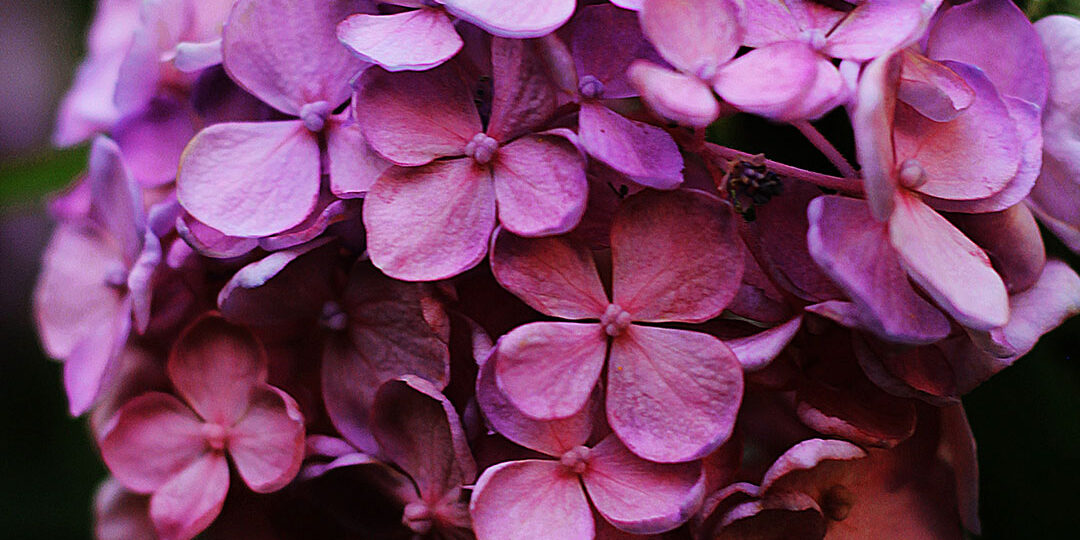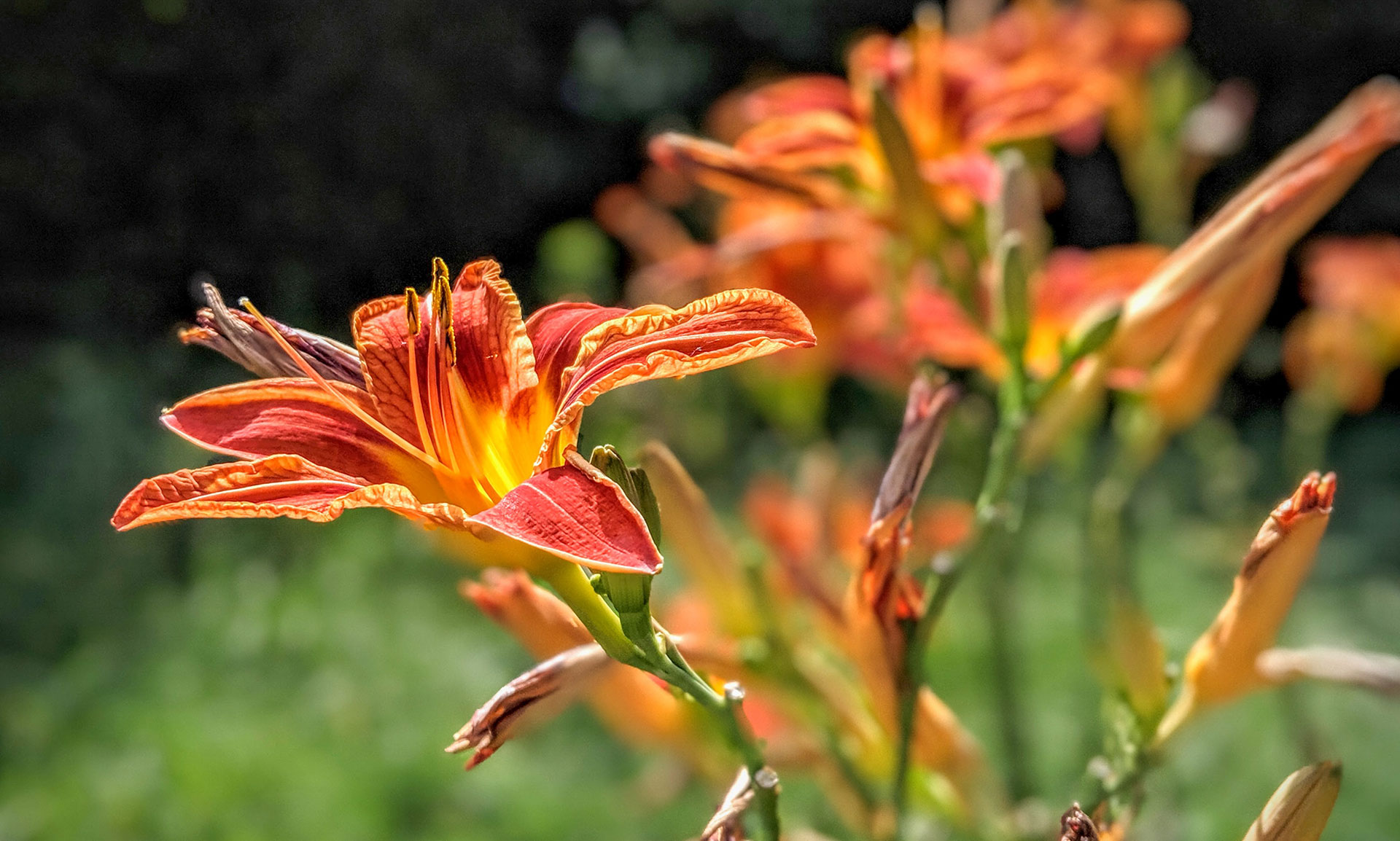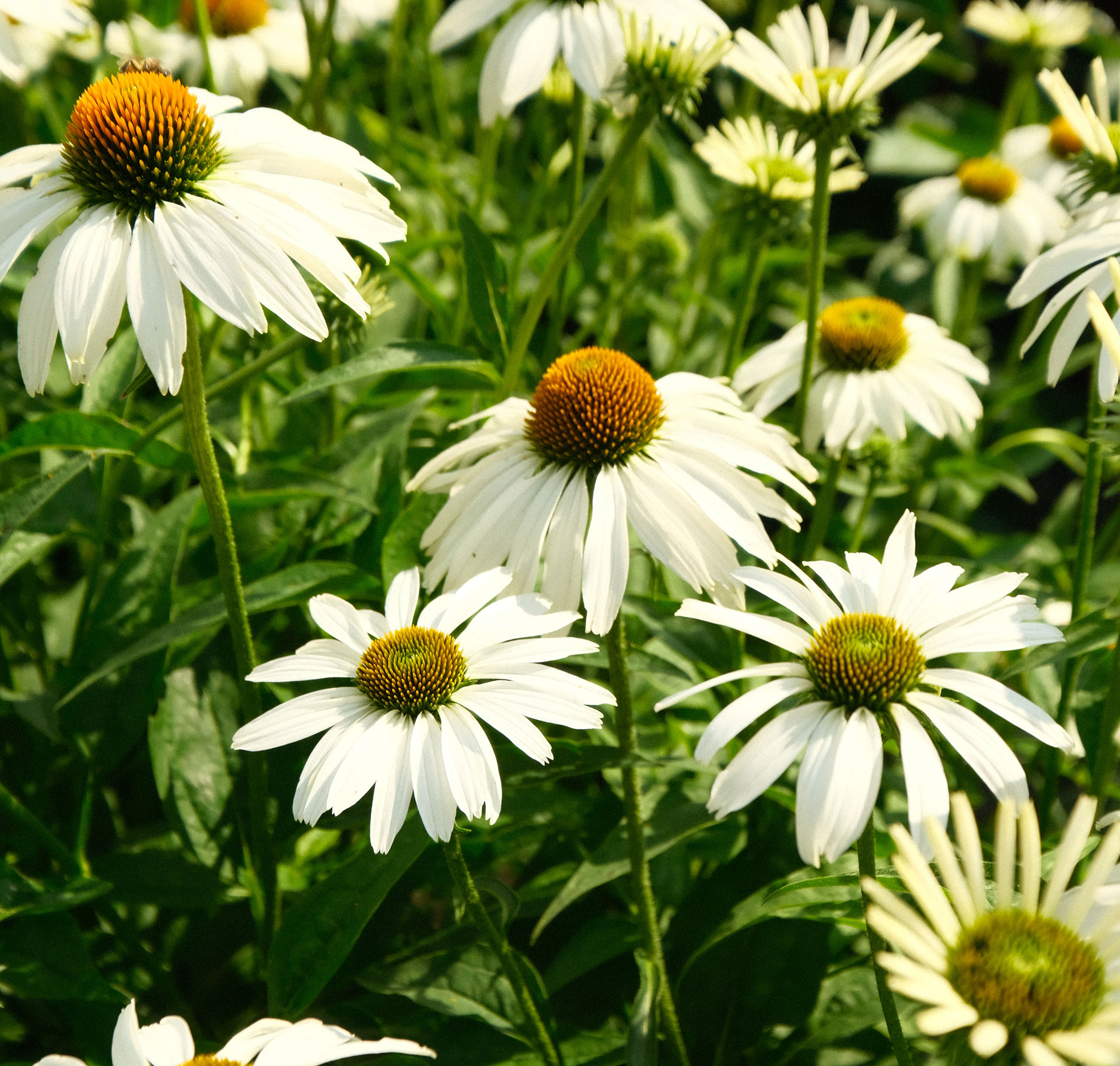Water is a precious resource, and as residents of the Garden State, we are not immune to the challenges of water scarcity. By adopting water-wise landscaping practices, homeowners can play a vital role in conserving this essential resource, while also reducing their water bills and creating aesthetically pleasing outdoor spaces. This blog post aims to guide New Jersey homeowners through a series of practical tips and strategies to create sustainable, water-efficient landscapes that are both beautiful and environmentally responsible.
Assess Your Landscape
Before diving into the world of water-wise landscaping, it is crucial to take a step back and thoroughly assess your existing landscape. This process allows you to identify problem areas, gain a deeper understanding of your current water usage, and create a tailored plan that addresses your specific needs. In this section, we’ll explore the importance of landscape assessment and provide some practical tips on how to carry it out effectively.
A comprehensive assessment of your landscape is essential for several reasons. First, it helps you recognize areas that may be consuming more water than necessary or contributing to inefficient water use. By pinpointing these issues, you can prioritize your efforts to make the most significant impact on your overall water conservation goals. Additionally, understanding your current water usage patterns will help you make informed decisions about selecting appropriate plants, irrigation systems, and landscape design elements that support your water-wise ambitions.
To begin assessing your landscape, follow these steps:
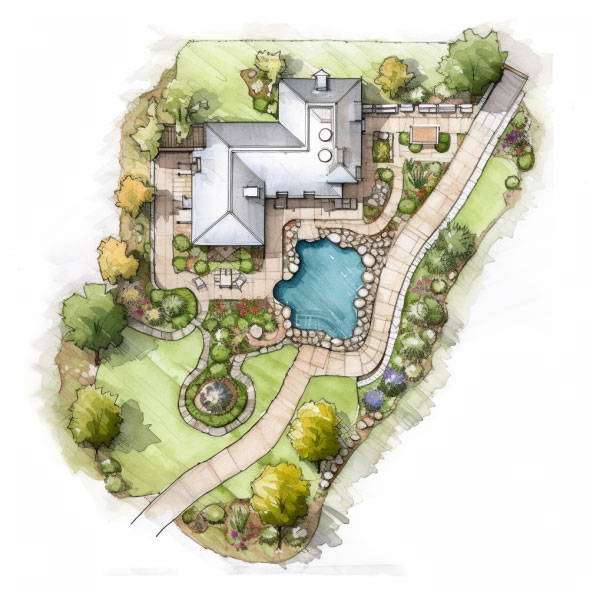
- Map out your property: Create a detailed map or sketch of your property, noting the location of plants, hardscape elements, irrigation systems, and any areas that experience excessive runoff or pooling water. This map will serve as a valuable reference tool throughout your water-wise landscape transformation.
- Observe water usage patterns: Keep track of your water usage for a month or two, paying particular attention to how much water is used for irrigation. This information will provide a baseline for your water conservation efforts and help you set realistic goals for improvement.
- Identify problem areas: Walk around your property and look for signs of over-watering, such as yellowing leaves, shallow root systems, or waterlogged soil. Also, examine areas with poor drainage, excessive runoff, or erosion. Make a note of these issues on your map for future reference.
- Consider your landscape’s microclimates: Different areas within your property may have unique microclimates that can influence water usage. For example, a shady corner might require less water than an exposed, sun-drenched slope. Take note of these microclimates and consider how they can be factored into your water-wise landscape design.
- Evaluate your current plantings: Assess the water requirements of your existing plants and determine whether they are appropriate for your climate and desired level of water conservation. Consider replacing water-intensive plants with more drought-tolerant species or relocating them to more suitable areas within your landscape.
By taking the time to assess your landscape thoroughly, you will be well-equipped to create a water-wise outdoor area that meets your conservation goals while enhancing the beauty and functionality of your property.
Design for Water Conservation
Creating a water-wise landscape is not just about making a few small adjustments; it requires a holistic approach to design that prioritizes water conservation from the ground up. In this section, we’ll explore the key principles of water-wise landscape design and provide specific tips tailored to New Jersey homeowners. By incorporating these principles into your outdoor spaces, you can make a significant impact on water conservation while enjoying a beautiful, low-maintenance landscape.
- Select drought-resistant plants: One of the most effective ways to conserve water is by choosing plants that are naturally adapted to thrive in dry conditions. These drought-resistant plants, often native to your region, require less water and maintenance, making them ideal for water-wise landscapes. In New Jersey, consider incorporating native plants like the Butterfly Milkweed, Eastern Redbud, or Inkberry Holly into your landscape.
- Use mulch to conserve moisture: Applying a layer of organic mulch around your plants helps to retain soil moisture, reduce evaporation, and minimize weed growth. By keeping the soil cooler and more evenly moist, you can significantly reduce the amount of water needed to maintain your plants. Opt for locally sourced mulch materials like shredded bark, wood chips, or pine needles for a sustainable and cost-effective choice. GEt in touch with us, we have all the mulch you need!
- Create water-efficient irrigation systems: Rethink your approach to watering by adopting more efficient irrigation methods, such as drip irrigation or soaker hoses. These systems deliver water directly to the root zone, minimizing evaporation and runoff. Additionally, consider installing a smart irrigation controller that adjusts your watering schedule based on local weather conditions, further optimizing your water usage.
- Harvest rainwater: Capture and store rainwater by installing rain barrels or cisterns on your property. This collected water can be used for irrigation, reducing your reliance on municipal water supplies. Rain gardens, which are shallow depressions filled with water-tolerant plants, can also help absorb and filter stormwater runoff, preventing erosion and protecting local waterways.
- Incorporate permeable hardscaping: Replace impervious surfaces like concrete or asphalt with permeable materials like permeable pavers, gravel, or decomposed granite. These materials allow water to infiltrate the soil, reducing runoff and replenishing groundwater reserves.
- Group plants with similar water needs: Design your landscape with “hydrozones” in mind, grouping plants with similar water requirements together. This approach makes it easier to manage your irrigation system and ensure that each plant receives the appropriate amount of water.
By embracing these water-wise design principles, New Jersey homeowners can create beautiful, sustainable landscapes that not only conserve water but also support local ecosystems and provide year-round enjoyment.
Watering Wisely
Even with the most water-efficient landscape design, proper watering practices are crucial to achieving your water conservation goals. Watering wisely not only prevents waste but also promotes healthier, more resilient plants. In this section, we’ll discuss the importance of smart watering techniques and provide specific tips for New Jersey homeowners to make the most of their water resources.
- Time your watering: The timing of your watering sessions can significantly impact water efficiency. Watering during the early morning or late evening reduces evaporation, allowing more water to reach your plants’ roots. In New Jersey, aim to water your landscape before 9 AM or after 6 PM to maximize water absorption and minimize waste.
- Adjust watering frequency: Over-watering is a common issue that not only wastes water but can also harm your plants. Adjust your watering frequency based on the specific needs of your plants, seasonal variations, and local weather conditions. In general, it’s better to water deeply and infrequently, as this encourages deeper root growth and greater drought tolerance.
- Use efficient watering methods: Drip irrigation and soaker hoses are excellent choices for watering wisely. These systems deliver water directly to the root zone, minimizing evaporation and runoff. For lawns and larger landscaped areas, consider using rotary nozzles or other water-efficient sprinkler heads that distribute water more evenly and at a slower rate, allowing for better absorption.
- Monitor soil moisture: To avoid over-watering, regularly check the moisture level of your soil by inserting a moisture meter or simply using your finger. Water only when the top few inches of soil are dry, and remember that established, drought-tolerant plants may require even less frequent watering.
- Maintain your irrigation system: Regularly inspect your irrigation system for leaks, broken or clogged sprinkler heads, and other issues that may contribute to water waste. Repair any problems promptly to ensure your system is functioning at its most efficient.
By implementing these watering practices, New Jersey homeowners can make significant strides in water conservation while nurturing healthy, beautiful landscapes. Remember, watering wisely is not just about using less water; it’s about using water more effectively and responsibly.
Maintaining Your Water-Wise Landscape
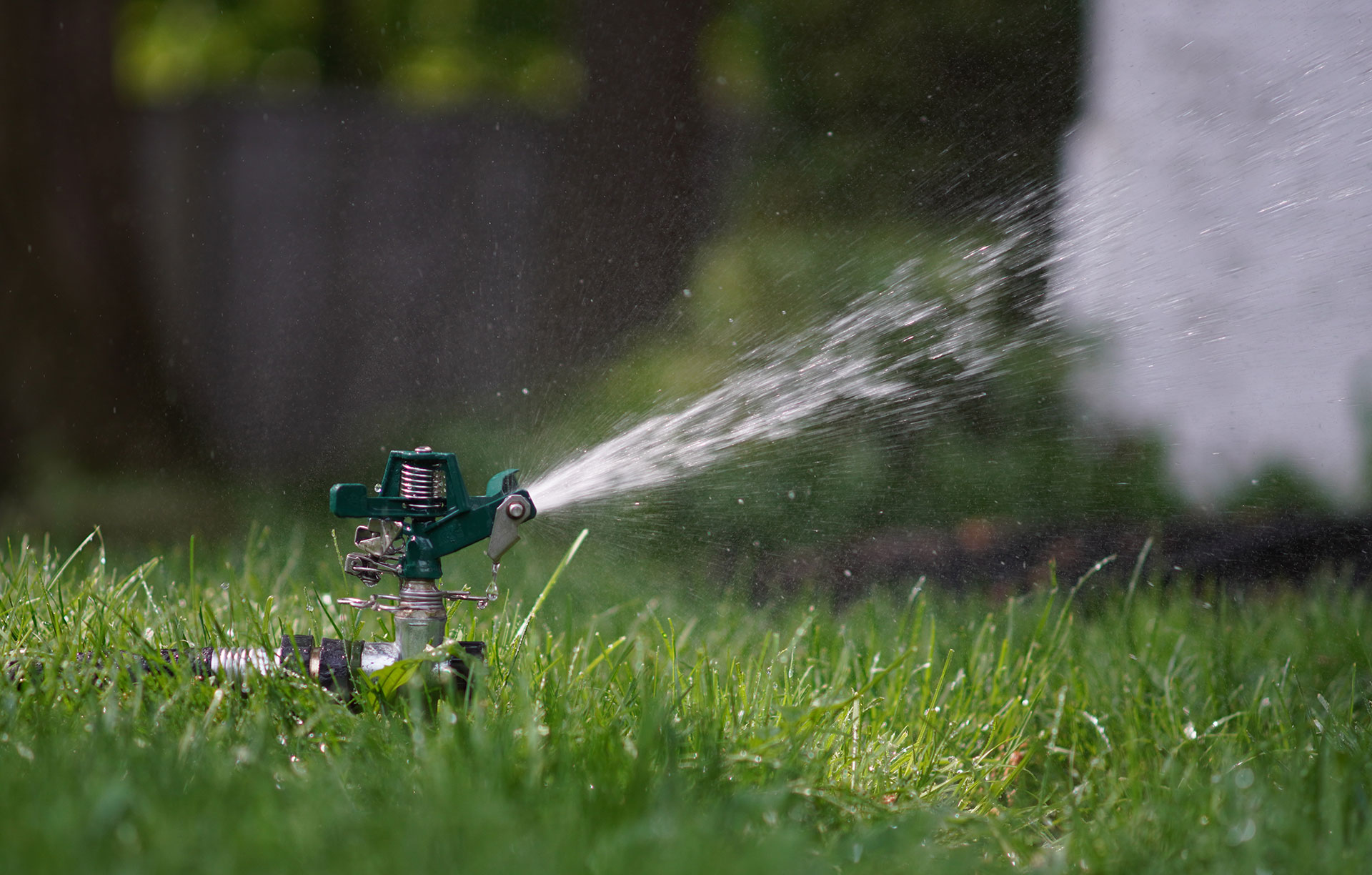
Creating a water-wise landscape is an ongoing process that requires regular maintenance to ensure its success. Proper upkeep not only helps to sustain your water conservation efforts but also contributes to the overall health and beauty of your outdoor space. In this final section, we’ll discuss the importance of landscape maintenance and provide practical tips for New Jersey homeowners to keep their water-wise landscapes thriving.
- Monitor your irrigation system: As we’ve mentioned before, regularly inspecting your irrigation system for leaks, broken or clogged sprinkler heads, and other issues is critical to maintaining water efficiency. By promptly addressing any problems, you can prevent water waste and ensure your plants receive the appropriate amount of moisture.
- Prune and trim plants: Keep your plants healthy by periodically pruning and trimming dead or damaged branches, leaves, and flowers. This practice not only improves the appearance of your landscape but also helps prevent diseases and pests that could compromise your plants’ water efficiency.
- Weed control: Weeds compete with your desired plants for water and nutrients, so it’s essential to keep them in check. Hand-pulling weeds, using a hoe, or applying organic weed control methods are effective ways to manage weeds without resorting to harsh chemicals that can harm the environment.
- Replenish mulch: To maintain the water-conserving benefits of mulch, replenish it regularly as it decomposes or becomes displaced. Aim to maintain a 2-4 inch layer of organic mulch around your plants to retain soil moisture, reduce evaporation, and suppress weed growth.
- Adapt your maintenance practices: As your landscape evolves and your plants mature, their water requirements may change. Be prepared to adjust your watering schedule, irrigation system, and other maintenance practices as needed to accommodate these changes and maintain your water-wise landscape’s efficiency.
- Stay informed: Keep yourself up-to-date on the latest water conservation techniques, native plants, and other relevant topics. Local gardening clubs, workshops, and online resources can be valuable sources of information and inspiration for maintaining your water-wise landscape.
By dedicating time and effort to maintaining your water-wise landscape, you’ll ensure its long-term success and continue to contribute to water conservation in New Jersey. Remember, a well-maintained landscape not only conserves water but also creates a beautiful, resilient outdoor space for you and your family to enjoy for years to come.
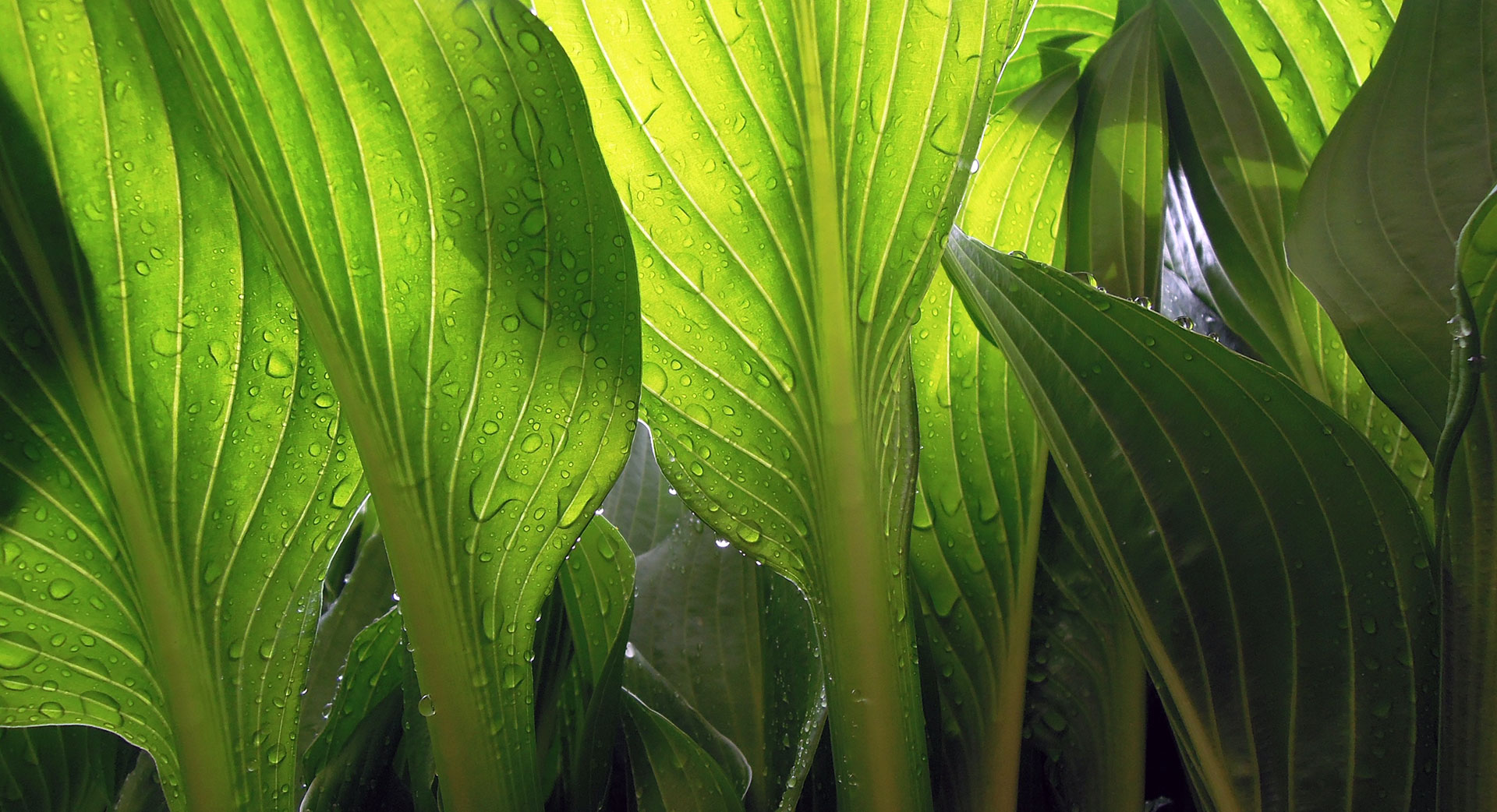 In conclusion, creating a water-wise landscape is an essential and achievable goal for New Jersey homeowners. By embracing water conservation principles and adopting responsible landscape practices, you can help preserve our precious water resources while enjoying a beautiful, low-maintenance outdoor space. Throughout this blog post, we’ve explored key strategies for creating a water-wise landscape, including assessing your landscape, designing for water conservation, watering wisely, and maintaining your water-efficient outdoor space.
In conclusion, creating a water-wise landscape is an essential and achievable goal for New Jersey homeowners. By embracing water conservation principles and adopting responsible landscape practices, you can help preserve our precious water resources while enjoying a beautiful, low-maintenance outdoor space. Throughout this blog post, we’ve explored key strategies for creating a water-wise landscape, including assessing your landscape, designing for water conservation, watering wisely, and maintaining your water-efficient outdoor space.
Ryser’s is dedicated to helping you achieve your landscaping goals. If you have any questions about starting a landscaping project, our team of experts is here to help. Whether you need advice on choosing the right plants or guidance on designing your outdoor space, we have the knowledge and experience to guide you every step of the way. To get in touch with us, fill out the form on our website or call us at 732-741-8338. You can also stop by our store at 145 White Road • Little Silver, NJ 07739 for a face-to-face consultation and while you are here, check out our showroom! Let us help you transform your outdoor space!
We encourage you to take action and apply these tips to create your own water-wise landscape. Whether you’re starting from scratch or looking to make improvements to an existing outdoor space, every step you take towards water conservation makes a difference. As you embark on this journey, remember that Ryser’s is here to support you with a wide range of landscaping supplies, expert advice, and eco-friendly solutions.

